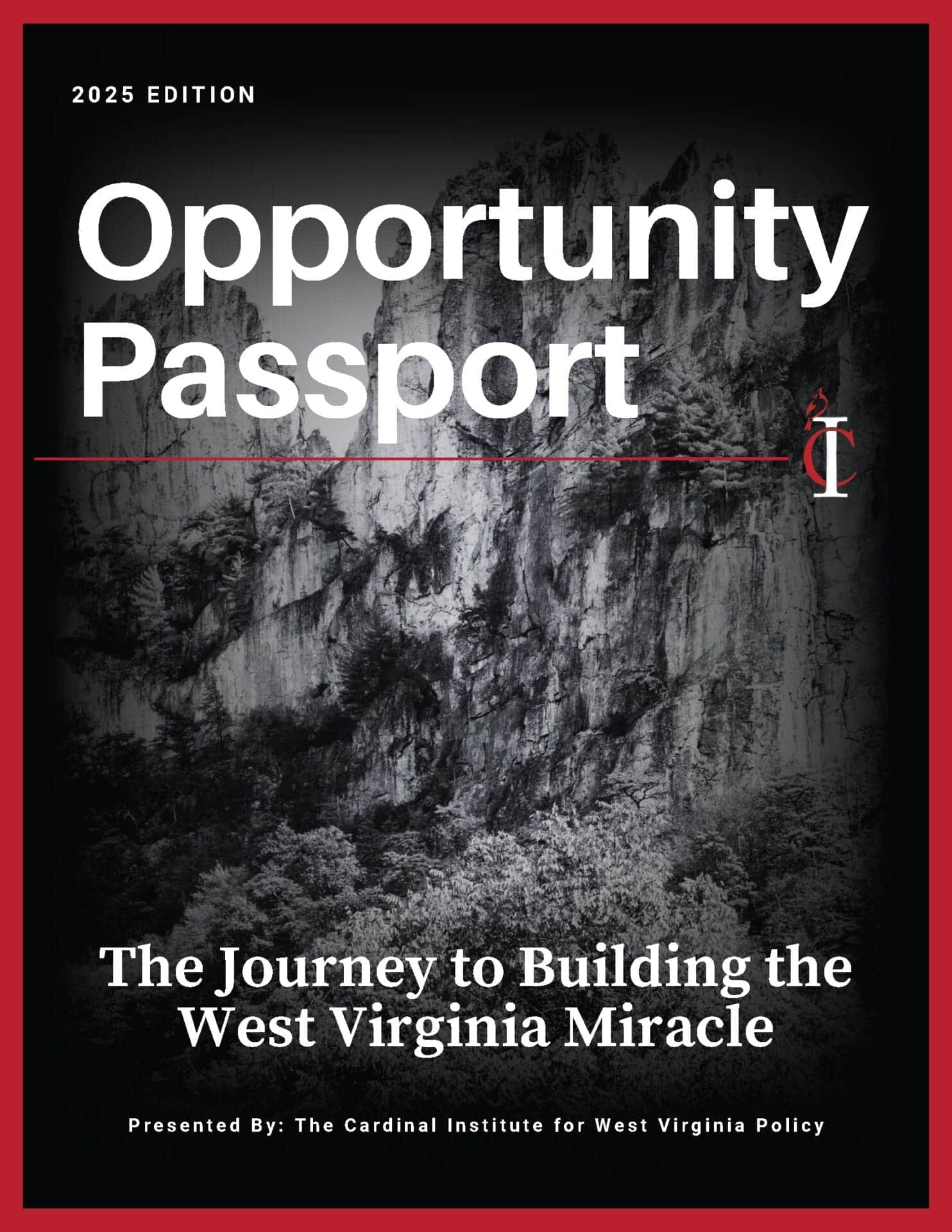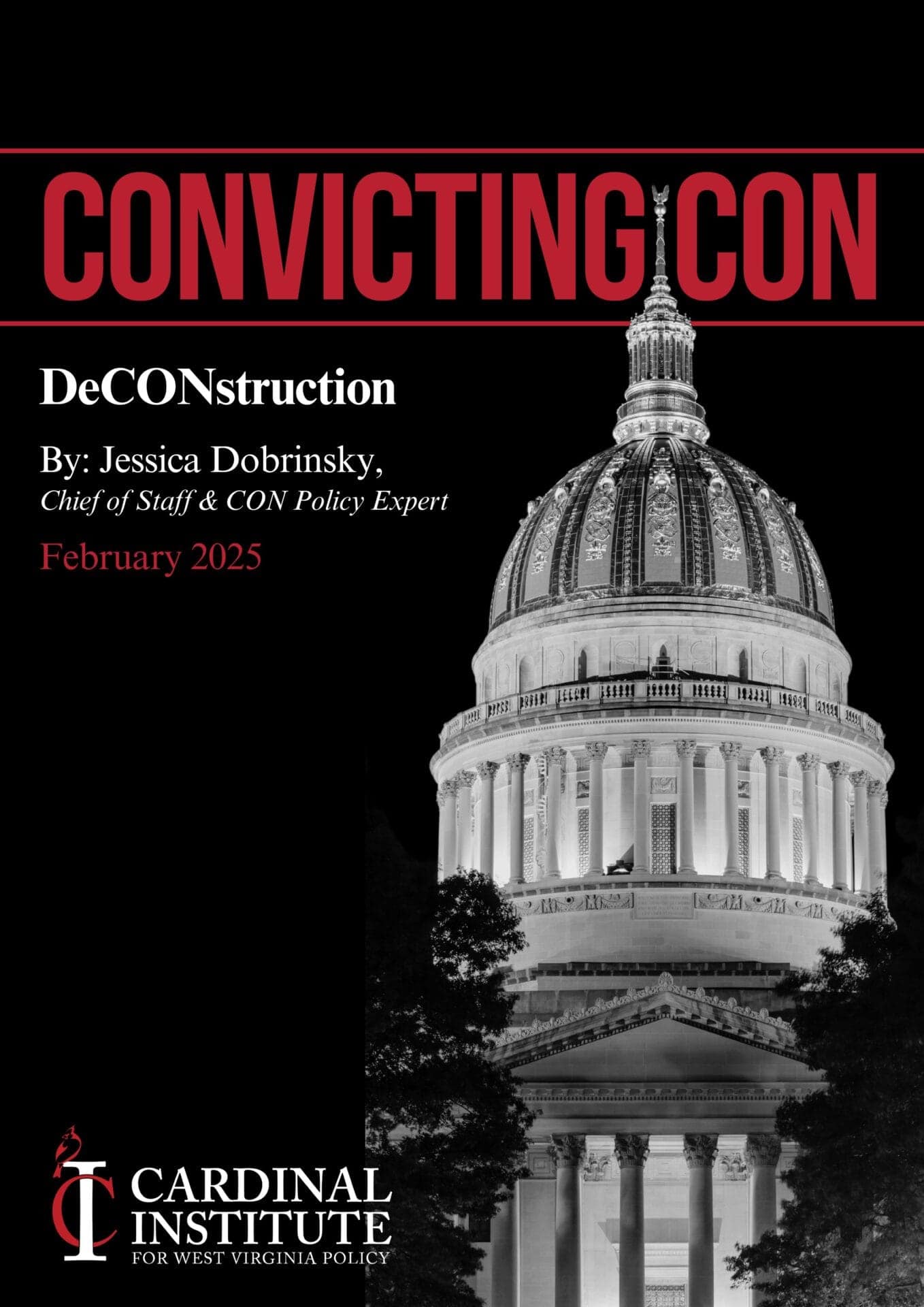
West Virginia’s Hope Scholarship Might Get Even Better
Hope Grows in the Mountain State
West Virginia’s Hope Scholarship program, passed in 2021. At the time of its passage, the Hope Scholarship was the most expansive ESA program in the country. An education savings account (ESA), the Hope Scholarship awards 100 percent of the state portion of per-pupil funding to eligible students. (Funding for K-12 education comes from three main sources: state, local, and federal.)
For the upcoming school year, the amount awarded to Hope Scholarship recipients will be approximately $4,489. Around 93 percent of students in West Virginia are eligible for the program. Despite a wave of education choice programs popping up around the country, West Virginia’s remains one of the most expansive education savings account programs in operation today.
However, some barriers to entry remain beyond straightforward eligibility requirements for those families who might be interested in joining the nearly six thousand students who will be participating during the 2023-2024 school year. Luckily, it looks like it might change in the very near future according to the West Virginia State Treasurer, Riley Moore. (The West Virginia State Treasurer’s Office is the government agency responsible for overseeing the Hope Scholarship program.)
West Virginia’s Hope Scholarship Could Move to Year-Round Applications
In a recent interview with WV Metronews, Treasurer Moore advocated opening the application window allowing families to apply at any point during the calendar year.
Currently, those families who wish to use the Hope Scholarship must apply during an application window that runs from March 1 through May 15. It’s not exactly a tight window, but as many of you know, “life” tends to happen, circumstances can change quite rapidly, and so the window does, indeed, represent rigidity in a program wherein flexibility is the key feature. However, the change to a year-round application will allow families to quickly respond to any changes in their child’s learning environment, interests, etc., and it will give families more agency in directing their child’s education. It would be hard to overstate how much leverage this change will give parents who wish to see changes in the school the child is currently attending, too.
It is common to hear a parent or guardian describe a sense of powerlessness when dealing with the public school system. That’s a huge problem when a mother, father, or grandparent is trying to advocate for change. The Hope Scholarship is a huge shift towards parental empowerment. An expanded application window supercharges that shift in favor of parents and students.
The Treasurer’s Office has expanded its internal capabilities, so an expanded window just makes sense on every level. It’s great for families and students, so it’s good for West Virginia.
Hope Scholarship Fund Disbursement on Quarterly Rather than Biannual Basis
On a related note, in the same interview, Treasurer Moore mentioned something that has the potential to be very impactful. He suggested that Hope funds be distributed on a quarterly basis instead of the current funding interval.
Under the program’s current structure, the Hope Scholarship’s funds are distributed twice a year – 50 percent by Aug. 15 and the other half by Jan. 15. On its face, this makes some sense. But if you talk to families, it’s a disaster when it comes to planning for the upcoming year’s education activities.
In particular, the Aug. 15 distribution simply does not allow families enough time to make education purchase decisions. Families need to plan how they will allocate Hope funds. Whether they purchase curricula, therapies, school services, etc., the process takes time. For example, many private schools in West Virginia’s opened their doors on Aug. 18 yet some families had only received fund three days prior to the start of the school year. It is not hard to see why this most cause anxiety, if not panic, among families using Hope.
On their surface, the proposed changes are subtle. But Treasurer Moore is correct. This next evolution in West Virginia’s Hope Scholarship will be more family-friendly, responsive, and easy to navigate. I applaud his suggestions and hope to see them implemented as quickly as possible.
Garrett Ballengee is the Executive Director for the Cardinal Institute for West Virginia Policy.








